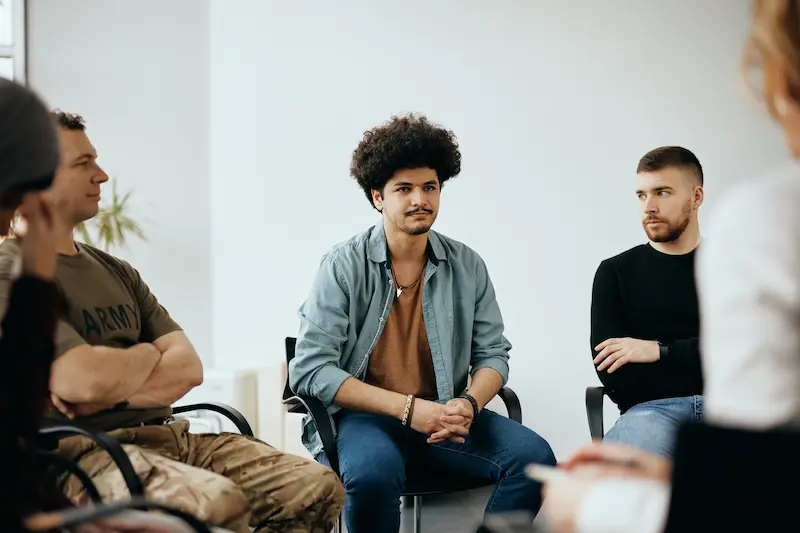represents a cornerstone of the ongoing fight against addiction, providing vital support and treatment. These specialized rehab centers in Park cater to a wide array of addictions, including substance abuse disorders (like alcohol, opioids, and stimulants) as well as behavioral addictions like gambling and internet addiction. The treatment approach adopted at these centers is predominantly holistic and evidence-based, combining individual counseling, medical care, and group dynamics designed to foster connection and understanding among participants. The importance of such rehab centers cannot be overstated; they serve as safe havens, offering therapeutic environments where individuals can share their experiences and learn from one another. Through structured group sessions, clients develop crucial coping mechanisms, enhance their social skills, and build resilience against relapse. The history of Group Therapy rehab centers in Park is deeply intertwined with the evolution of addiction treatment in the United States, emerging from a recognition that community support plays a vital role in recovery. With a growing impact on public health, these facilities have become instrumental in revamping the narrative surrounding addiction, emphasizing recovery and reversibility rather than stigma. Those who seek treatment here benefit from a community-oriented solution that not only works through individual challenges but also emphasizes the importance of social support in the rehabilitation process. For individuals seeking help, the Group Therapy rehab centers in Park stand as beacons of hope, transforming lives and encouraging a new beginning.
Learn more about Group Therapy centers in Park



















































